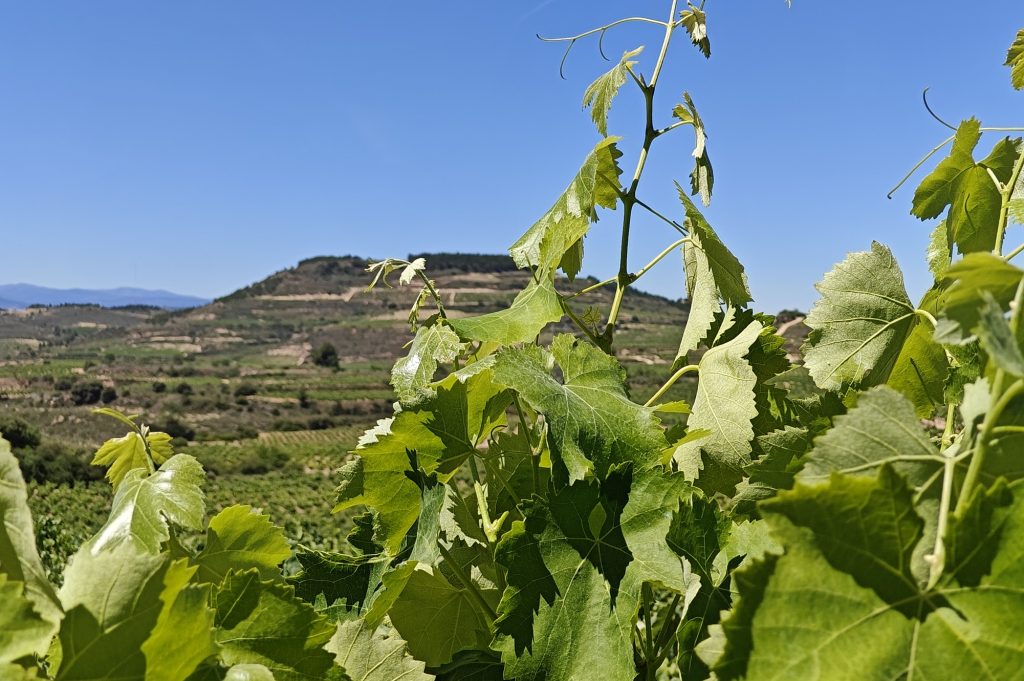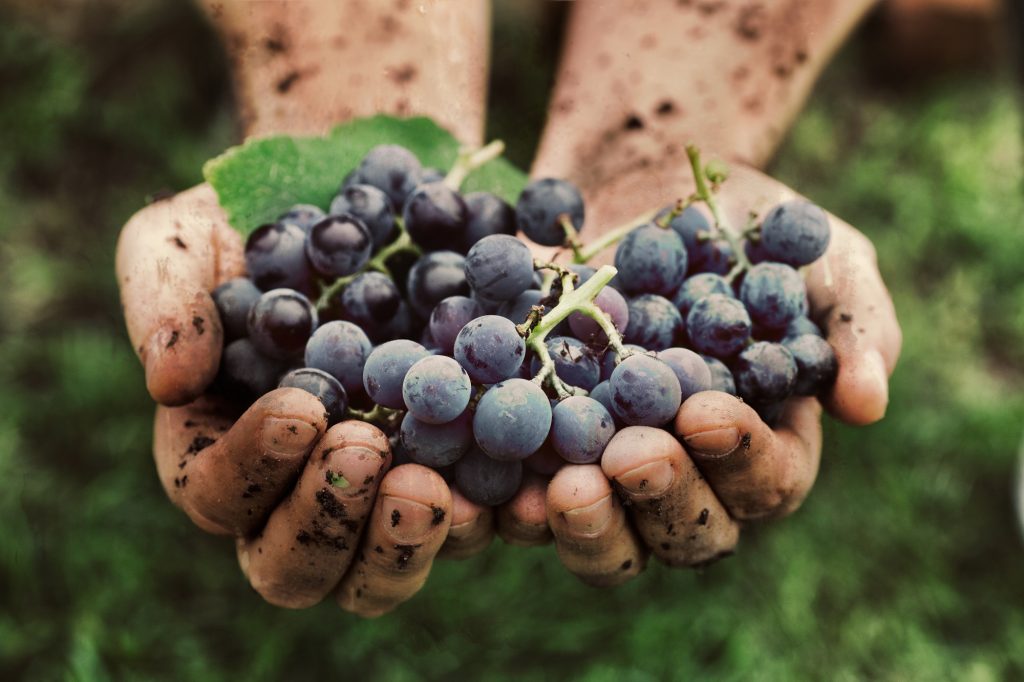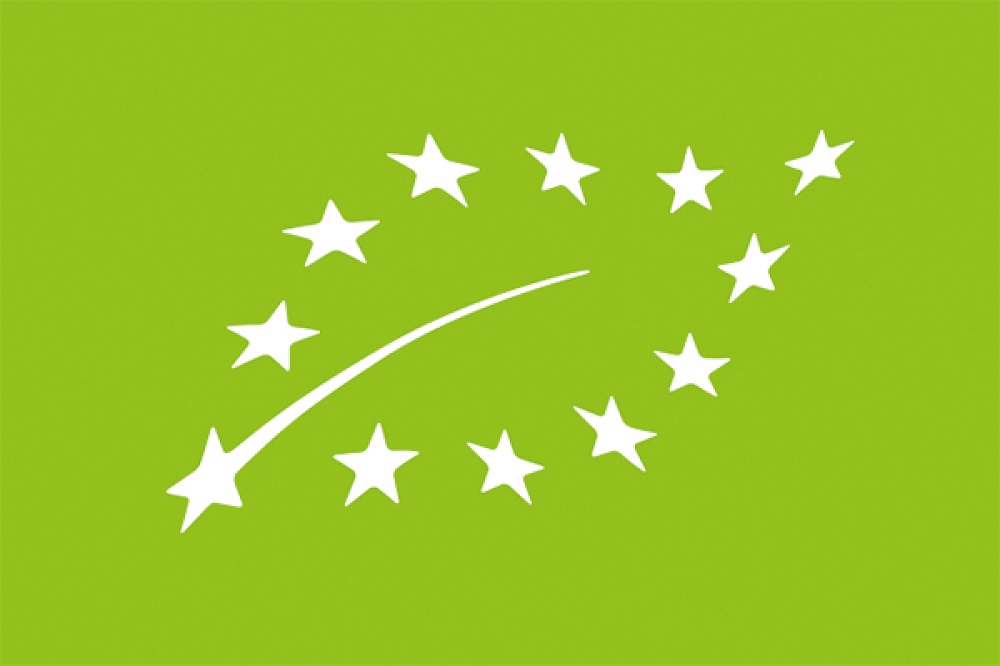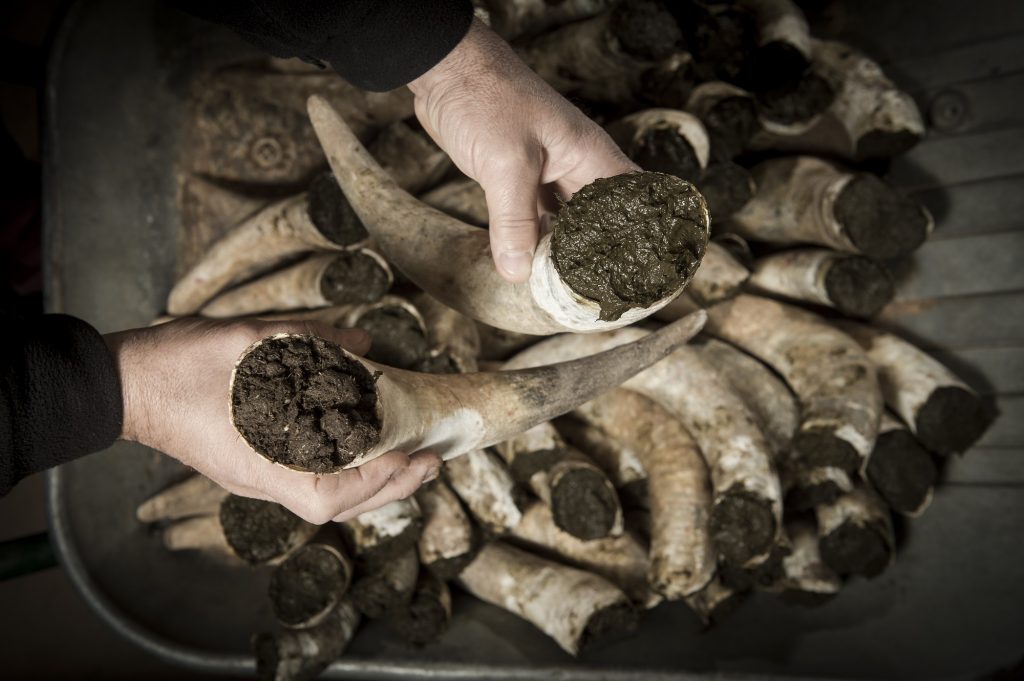
Mastering the Art of Spanish Food and Wine Pairing
August 28, 2024
Explore the diverse flavors of Spanish wines. Learn to master the art of pairing wines like Albariño, Rioja, and Cava with your favorite dishes.
By: Nicole Indovino / Last updated: May 2, 2025
Spain’s dedication to wine is vital to the country’s culture, history, and pride. So, it’s no surprise that the Spanish wine industry is a leading force in organic wine production as a means to conserve its terroir, natural ecosystems, and rural landscape. Over the past several decades, countless wineries have implemented organic grape growing and winemaking practices to produce sustainable wines that are better for our health, climate, and the future of wine.
This article will cover the specifics of organic winemaking, the different certifications, and the consumer advantages. We will also highlight Spanish wineries making incredible and sustainable wines.
Discover more about Spanish Wines

To be officially considered ‘organic certified’ in Spain, the wine must meet a strict set of criteria outlined by both the national government and the European Union, taking both the vineyard and winery into consideration.
So, what makes a wine organic? It starts in the vineyard. Organic wines are made from 100% certified organic grapes. Certified organic vineyards cannot employ chemicals or synthetic pesticides, fungicides, herbicides, or insecticides to combat pests or diseases like mildew. Organic vineyards also prohibit the use of mineral fertilizers for the soil.
Instead, organic growers turn to natural farming practices like planting cover crops and composting to fertilize the soil. They also use permissible sprays like copper and sulfur to mitigate pests. Organic wineries focus on biodiversity and promoting a healthy ecosystem within the vineyard, planting certain species near the vines to attract natural predators, like birds, owls, and insects who control pest populations and keep everything naturally balanced.
Over the years, the wine industry has discovered and developed numerous additives to aid fermentation, clarify and stabilize the wine, and more. While some additives are helpful, not all are organic and desirable for consumption. Therefore, regulatory bodies approve only certain additives and processing aids for organic production.
This limited list includes commercial dry yeast for fermentation, egg whites, and plant proteins for fining the wine, provided they are certified organic products. There are also limits on the amount of sulfur dioxide that can be added to the wine, a commonly used antioxidant and antibacterial in winemaking. Regulators typically permit maximum levels of 50mg/L lower than those of conventional wines.
For a vineyard to be certified organic, it must undergo a conversion period of at least three years. The vineyard must follow organic farming practices while allowing the soil and vines to adjust and the chemical residues to fade. Once ready, authorized certification bodies regularly inspect the organic vineyard to ensure they comply with the standards.
The winery must also keep detailed records of its processes from grape to bottle, including vineyard treatments and the products and additives used in winemaking. Inspections occur both in the vineyard and the winery to ensure compliance with organic standards for producing fully certified organic wine.

Organic winemaking offers many ecological advantages that align with Spain’s broader sustainability objectives. By forgoing synthetic pesticides and fertilizers, organic vineyards promote enhanced biodiversity, improving the health of the vineyard and the overall ecosystem. This provides more habitat for local bird and insect species with more diverse flora and fauna.
Another advantage of organic farming is improved soil health, which enhances the crop and increases the soil’s ability to absorb water, minimizing the water needed for irrigation (if applicable) and reducing erosion and water run-off. The lack of pesticides and chemicals in the soil also reduces pollution in nearby water sources.
Along with enhanced biodiversity and soil health, organic viticulture aligns with Spain’s sustainability measures. Organic vineyards offer much safer working conditions for local grape growers and nearby families. Rejecting the synthetic chemical industry also reduces the country’s overall carbon emissions.
Regions like Rioja and Priorat stand out for their pioneering efforts in organic winemaking and dedication to sustainability. Rioja has over 61 certified organic vineyards producing wines ranging from premium to budget-friendly with exclusively organic farmed grapes. The region’s proximity to the Institute of Vine and Wine Sciences also contributes to their innovation as they push the boundaries on sustainable farming.
In Priorat, iconic producers like Clos Mogador focus intensely on soil health and biodiversity, employing renowned organic farming techniques like cover-cropping, bio-fertilizers, and working with animals in the vineyard instead of machinery.
The winery states,
“We are always looking for a balance between wild and cultivated land in the Priorat,” claiming that it is a life long struggle to find this dynamic but well worth it.
Additionally, the DO Penedés region is setting a high standard with its ambitious goal for all vineyards to be certified organic by 2025, reflecting a robust regional commitment to organic viticulture.
Meanwhile, Utiel-Requena, a small but rapidly growing region, accounts for 8% of Spain’s organic vineyards, which is quite impressive for its size. Garnering attention as some of Spain’s ‘organic champions,’ wineries like Bodegas Sierra Norte and Finca San Blas are known for their incredible organic wines that honor their unique terroir and the varieties of the region.
While farming organically is more sustainable and offers long-term viability for wineries, it comes with its challenges and obstacles. Unforeseen weather events, such as late-season rains that damage grapes, pose significant threats to organic vineyards that lack the chemical interventions available to conventional farmers.
Additionally, the organic farming costs, especially in the first few years, are higher than the traditional production of wine. While wineries wait for the two-year conversion for their organic certification, they often face higher production costs without the economic incentive of having ‘organic’ on their label. Moreover, organic winemakers often face market challenges, as consumers may need help understanding the value of organic wine or be willing to pay the premium price.
Despite these obstacles, interesting technological innovations aid organic practices’ adoption and success. Precision agriculture employs drones and satellite imagery and helps vineyard managers improve their vine and soil health with more targeted intervention than general sprays.
There are also new pest detection and control advances through sensor technology, which enhances growers’ awareness in the vineyard. These innovations give winemakers a more robust toolbox to continue farming grapes organically. It also doesn’t hurt that Spain’s hot climate suits organic farming.
Alumdena Alberca MW stated in an interview,
“Spain already has more hectares of organic vineyard than any other in the world – with 131,000 ha of certified organic vines in 2020 – as many Spanish areas have climates that lend themselves to this way of working. We often have low disease pressure due to scarce rainfall and naturally low yields.“
There is a substantial shift towards organic wines in Spain and the global market. Consumers are increasingly conscious of their health and the environment’s health, opting for more natural products. The organization Spanish Organic Wines (SOW) notes that there has been exponential growth in organic wine production in the past few years, with 27% of Spanish wineries already organic.
Consumers’ opinions vary on whether organic wine has better taste and quality. Many argue that the lack of synthetic chemicals and additives allows for a more authentic and natural reflection of the terroir while enjoying an environmentally friendly product.
Studies show consumers are willing to pay more for wines perceived as healthier and environmentally friendly; however, some still prefer the lower price points of conventionally made wine or the consistency of brands that are not focused on organics. As more and more organic wine is produced, the quality, taste, and price point are improving with each vintage, and many of the premium wines worldwide have been farmed organically for years.

Identifying organic wines is easy once you know what to look for. There are specific label markings or logos that indicate organic certification. In the European Union, organic wines must display the EU organic logo, a green leaf composed of white stars. This symbol guarantees that the wine meets the strict EU regulations for organic wine. Additionally, the label includes the code number of the certification body and the term’ organic wine’ or ‘vino ecológico’ in Spanish.
In Europe, different countries have varying standards for organic labels and often their own labels or markers. For example, organic French wines tout the ‘AB’ (Agriculture Biologique) logo, while Spanish bottles usually have an additional certification from CAAE, a national organic certification body. Knowing these official logos when selecting an organic wine will help ensure you choose the right bottle and support sustainable businesses.
Consuming organic wine may offer some potential health benefits compared to conventional wine. Drinking organic wine primarily reduces exposure to synthetic chemicals and pesticide residues. Organic wines also have fewer additives, preservatives, and sulfites, which can cause headaches and allergic reactions for people sensitive to these compounds.
While drinking alcoholic beverages is not always considered the healthiest choice, consumers can opt for a healthier, environmentally friendly option that aligns more with their values and contributes to a positive, holistic lifestyle while drinking organic wine.
So, what’s the difference between organic and sustainable winemaking? Organic winemaking is sustainable but focuses on farming practices and winemaking ingredients as their metrics for certification. In contrast, sustainable winemaking encompasses a broader range of variables and doesn’t have an official certification.
For example, sustainable winemaking can include using lighter glass bottles that use less energy to ship or having an eco-friendly winery. Additionally, many wineries in Spain and abroad are farming organically but cannot afford or choose not to obtain organic certification. This often happens when wineries grow their grapes organically but do not employ organic winemaking practices in the cellar.
Additionally, many aspects of sustainability go beyond farming, like having a positive social impact on the local community and the winery employees or maintaining economic viability throughout generations. Other terms that fall under the sustainable wine category, like biodynamic or natural wine, share much in common with organics but differ in some aspects.

Biodynamic farming is organic but has taken a step further with a few more ‘hippy’ aspects, such as burying cow horns full of manure in the vineyards. By employing holistic farming techniques focusing on plant, soil, and ecosystem health, biodynamic wines are produced by treating the vineyard with different mineral, herb, and compost preparations throughout the growing season and working based on the lunar calendar.
While it can seem radical to some, famous wineries like Domaine Romanée Conti have embraced this farming style. Biodynamic wines also have an official certification called ‘Demeter,’ which you can find on labels.
Natural wines have grown in popularity over the past decade and employ many of the same principles as organic wines. While no official definition of ‘natural wine’ exists, most agree it is wine produced from organically grown grapes. It differs from some organic wines in that natural wines focus heavily on minimal intervention in the winery, often fermenting the wines with the native yeast on the skins instead of commercial dry yeast and opting against adding sulfur as a preservative. In contrast, many organic wines still use commercial yeast and sulfur.
The future of organic wine in Spain looks promising as consumers continue to demand more sustainable products and wine regions unite to maintain their industry’s longevity. While adopting organic practices can be costly initially, it is now well-proven that organic farming can be more economically rewarding in the long run.
However, with the onset of climate change, some regions will face challenges in maintaining soil health and grape quality with higher temperatures and altered precipitation patterns. That said, Spanish producers are already adopting creative solutions to continue farming organically, like planting heat-tolerant grape varieties, implementing advanced irrigation systems, and using new technologies to make informed decisions.
Overall, producing organic wine offers many positive opportunities for the Spanish wine sector that far outweigh the alternatives as the country continues to propel its organic expansion, setting an example for the global wine community.
If you would like us to customize an exclusive luxury tour, contact us and let us know your travel plans. We offer luxury food and wine tours for private groups of a minimum two guests. In addition, all of our private, chauffeured tours are available year-round upon request.

